Can dogs eat Hazelnuts? Hazelnuts are full of good stuff like vitamins, healthy fats, and antioxidants, which are great for people. But what about dogs? Can they enjoy hazelnuts too? While hazelnuts aren’t poisonous to dogs, it’s not a straightforward yes or no.
It is important to consider several factors before giving hazelnuts to your dog. Understanding the potential risks is essential for your pet’s safety and well-being.
Before you let your dog try hazelnuts, take a moment to read the rest of this article. A little extra information can go a long way for your dog’s health and happiness.
What Are Hazelnuts?
 Hazelnuts
HazelnutsHazelnuts are small nuts that people often enjoy in chocolate or granola bars. They have healthy fats, vitamin E, and fiber, which are good for us and add crunch to snacks. If you are thinking about giving hazelnuts to your dog, it is important to be careful. Hazelnuts have some nutrients that dogs can use, but they are also high in fat and calories. One ounce has about 17 grams of fat and 180 calories. Eating too many can upset your dog’s stomach, cause weight gain, or lead to health problems over time. Always think about your dog’s health before giving new treats like hazelnuts.
Can Dogs Eat Hazelnuts?
Hazelnuts are not toxic to dogs, so eating a small piece usually does not cause harm. However, it is important to think about the risks before offering them. Hazelnuts contain some helpful nutrients, but they can be tough for older or smaller dogs to chew and digest. This can lead to choking or even a blockage. Always keep your dog’s size and age in mind if you are thinking about giving them a nut as a treat.
Some people consider adding hazelnuts to their dog’s food for extra health benefits. Hazelnuts contain omega-3 fatty acids, which support heart health and the immune system. However, they are also high in fat. Giving too many can lead to weight gain or other problems. If you choose to share hazelnuts, keep the portion very small and only offer them as an occasional treat, not a regular part of your dog’s diet.
4 Things to Know Before Giving Your Dog Hazelnuts
It can be tempting to share your snacks with your dog, but hazelnuts are best kept for people. Even though they have some vitamins and minerals, hazelnuts can cause more harm than good for dogs.
Here are four reasons to avoid giving hazelnuts to your dog, so you can help keep them safe and healthy.
1. Allergic Reactions
Dogs can have food allergies just like people, and nuts are a common cause. Hazelnuts, like other tree nuts, can sometimes trigger strong allergic reactions in dogs.
If your dog has consumed hazelnuts, watch for these common allergic reaction symptoms:
- Persistent itching and scratching
- Facial or body swelling, particularly around the eyes, mouth, or throat
- Digestive distress, including vomiting or diarrhea
- Difficulty breathing or excessive panting
- Red, inflamed skin or hives
Allergic reactions can be mild or very serious. If you see any of these signs after your dog eats hazelnuts, call your vet right away.
2. Choking and Intestinal Blockage
Hazelnuts are small and hard, which makes them a choking risk, especially for small dogs who might swallow them whole.
Even if your dog swallows a hazelnut without choking, the shell is tough to digest. Hazelnuts can get stuck in the digestive tract and cause a blockage.
While minor obstructions might pass naturally, larger blockages can lead to:
- Severe constipation that doesn’t resolve with time
- Dehydration from the inability to process food properly
- Painful abdominal distension
- Complete loss of appetite
If this happens, your dog may need to see a vet right away, and sometimes surgery is needed to fix the problem.
3. Gastrointestinal Upset
Hazelnuts can upset your dog’s stomach even if there is no allergy or blockage. Their high fat and fiber can be hard for dogs to digest and may cause discomfort for a few days.
Common signs of gastrointestinal upset include:
- Nausea and loss of appetite
- Vomiting, sometimes containing undigested nut pieces
- Diarrhea or loose stools
- Excessive drooling
- Lethargy and general discomfort
These symptoms can sometimes lead to dehydration, especially in small dogs or puppies.
4. Pancreatitis and Weight Gain
Hazelnuts are high in fat and calories. If your dog eats them often, it can lead to weight gain and even obesity.
Another risk is pancreatitis, which is a painful swelling of the pancreas caused by eating too much fat. Dogs who eat a lot of hazelnuts or other fatty nuts can get this condition, which causes:
- Severe abdominal pain
- Persistent vomiting
- Loss of appetite
- Fever and dehydration
- Hunched posture due to discomfort
Pancreatitis needs quick treatment from a vet. If it is not managed, it can become a long-term and serious problem.
When to Contact Your Veterinarian
If your dog has consumed hazelnuts, monitor them closely for any symptoms. Contact your veterinarian if:
- Symptoms persist for more than 24 to 48 hours.
- Your dog shows signs of severe distress or pain.
- Vomiting or diarrhea becomes frequent or contains blood.
- Your pet stops eating or drinking entirely.
- You notice signs of difficulty breathing or swelling.
When it comes to your dog’s health, it is always best to be careful. Your vet can give you advice based on your dog’s size, health, and how many hazelnuts they ate.
To avoid these problems, choose treats made for dogs. Your pet will enjoy them just as much, and you can feel good knowing you are keeping them safe.
Why You Should Avoid Feeding Nuts and Legumes to Your Dog
It can be tempting to share your snacks with your dog, but nuts and legumes can pose several risks to their health. Knowing these dangers will help you keep your pet safe.
Choking and Blockage Problems
Large nuts such as hazelnuts and Brazil nuts can become lodged in your dog’s throat or digestive tract. If swallowed, these nuts may cause a blockage that could require emergency surgery.
Dangerous Mold on Nuts
Many nuts, including walnuts, hickory nuts, and pecans, can develop mold that produces tremorgenic mycotoxins. These toxins can cause serious illness in dogs, even in small amounts. Black walnuts are especially dangerous and can be toxic even in small pieces.
Hidden Dangers in Nut Butters
Many commercial nut butters contain xylitol, an artificial sweetener that is highly toxic to dogs. Even a small amount can cause a dangerous drop in blood sugar, seizures, or liver damage. Always check the ingredient list before giving nut butter to your dog.
Specific Toxic Nuts to Avoid
Some nuts are particularly harmful to dogs:
- Raw cashews and chestnuts contain natural toxins that can make dogs sick.
- Macadamia nuts are extremely dangerous – as few as six nuts can cause serious illness in a medium-sized dog.
- Pecans and pistachios can contain aflatoxins that damage the liver.
These nuts may cause symptoms such as weakness, vomiting, and muscle tremors that can persist for several days.
Simple Ways to Keep Your Dog Safe
- Keep all nuts, trail mixes, and nut butters stored safely out of reach.
- Choose dog-specific treats instead of sharing human snacks.
- If your dog accidentally eats toxic nuts, contact your veterinarian immediately.
- Stick to safe alternatives like apple slices (without seeds), carrots, or commercial dog treats.
Your dog does not need nuts to stay healthy. There are many safe alternatives available.
Healthier Nut and Seed Alternatives
When choosing treats for your dog, focus on options that are both safe and appealing. Some nuts are not safe for dogs, but a few types of nuts and seeds can be given in small amounts. These can add variety and some health benefits, as long as you serve them properly.
Safe Nuts and Seeds for Dogs
- Unsalted pumpkin seeds are a good choice for dogs. They provide protein, fiber, antioxidants, and zinc. Use only unsalted, shelled seeds. Pumpkin seeds can support urinary health and digestion. Give small dogs about five seeds, and larger dogs up to a teaspoon per day.
- Plain peanuts can be given to dogs if they are dry-roasted or raw and unsalted. They provide protein, healthy fats, and vitamin B, which help with skin and coat health. Offer two or three peanuts at a time. Do not give peanut butter with xylitol, as it is toxic to dogs.
- Cooked green beans are not a nut or seed, but they make a healthy, low-calorie treat. They contain fiber, vitamin C, and vitamin K. Most dogs like them either crunchy or soft. Give a small handful at a time, and make sure they are plain, without salt, butter, or seasoning.
Benefits of Safe Nut and Seed Treats
- These treats provide protein, fiber, healthy fats, vitamins, and minerals. They help support your dog’s immune system, skin, and coat.
- They can help with fatigue and encourage your dog to eat. Use them as an occasional reward.
- Pumpkin seeds and green beans are useful for managing your dog’s weight and supporting digestion.
Portion Guidelines
- Nuts and seeds should be less than 10% of your dog’s daily food to prevent too many calories or fat.
- Give small dogs a pinch or two of seeds, or one or two peanuts per day. Larger dogs can have up to three times as much. Watch for any signs of digestive upset or allergies.
- Start with a small amount when you try a new treat. Watch your dog for any changes in health or behavior.
Actionable Advice for Pet Owners
- Always use unsalted, plain, and unseasoned nuts or seeds.
- Remove all shells to prevent choking or digestive issues.
- Use healthier treats such as pumpkin seeds, plain peanuts, or cooked green beans for training or special rewards.
- Do not give nuts or seeds to dogs with pancreatitis, allergies, or weight issues.
Choosing these options helps your dog enjoy healthy treats and stay safe. If you have questions about treats or portion sizes, ask your veterinarian for advice.
Conclusion
Dogs really shouldn’t eat hazelnuts. Even though hazelnuts aren’t poisonous, they can still cause problems like choking, stomach issues, or even allergic reactions. Vets usually say to avoid giving them to your dog because of the high fat and possible risks. If you’re thinking about sharing any people food with your dog, it’s always best to check with your vet first. There are plenty of safe treats made just for dogs that they’ll love.
FAQS.
Can Dogs Eat Hazelnuts?
It’s best to avoid giving hazelnuts to your dog. While hazelnuts are not considered toxic, they can still cause problems like choking, digestive upset, or even pancreatitis, especially if your dog eats them often or in large quantities.
Can my puppy eat hazelnuts?
Puppies should not have hazelnuts at all. Their smaller size and sensitive digestive systems make them more likely to choke or develop blockages compared to adult dogs.
How many hazelnuts are too many for dogs?
Even just a few hazelnuts can be too much for some dogs. Eating several may lead to an upset stomach, vomiting, or diarrhea. If a dog eats a lot, especially if they are a small breed, the risk of more serious issues like pancreatitis goes up.
Are hazelnut butters dog-safe?
Hazelnut butter is not a safe choice for dogs. Some brands include chocolate or xylitol, both of which are dangerous for dogs. It’s always important to check the ingredients, but in general, it’s best to skip hazelnut butter altogether.
What nuts are safe for dogs?
Very few nuts are actually safe for dogs. Plain peanuts and unsalted, shelled cashews can be given as an occasional treat, but nuts like macadamias, walnuts, and pistachios should be avoided because they can be harmful. When in doubt, it’s safest to stick with treats made specifically for dogs.


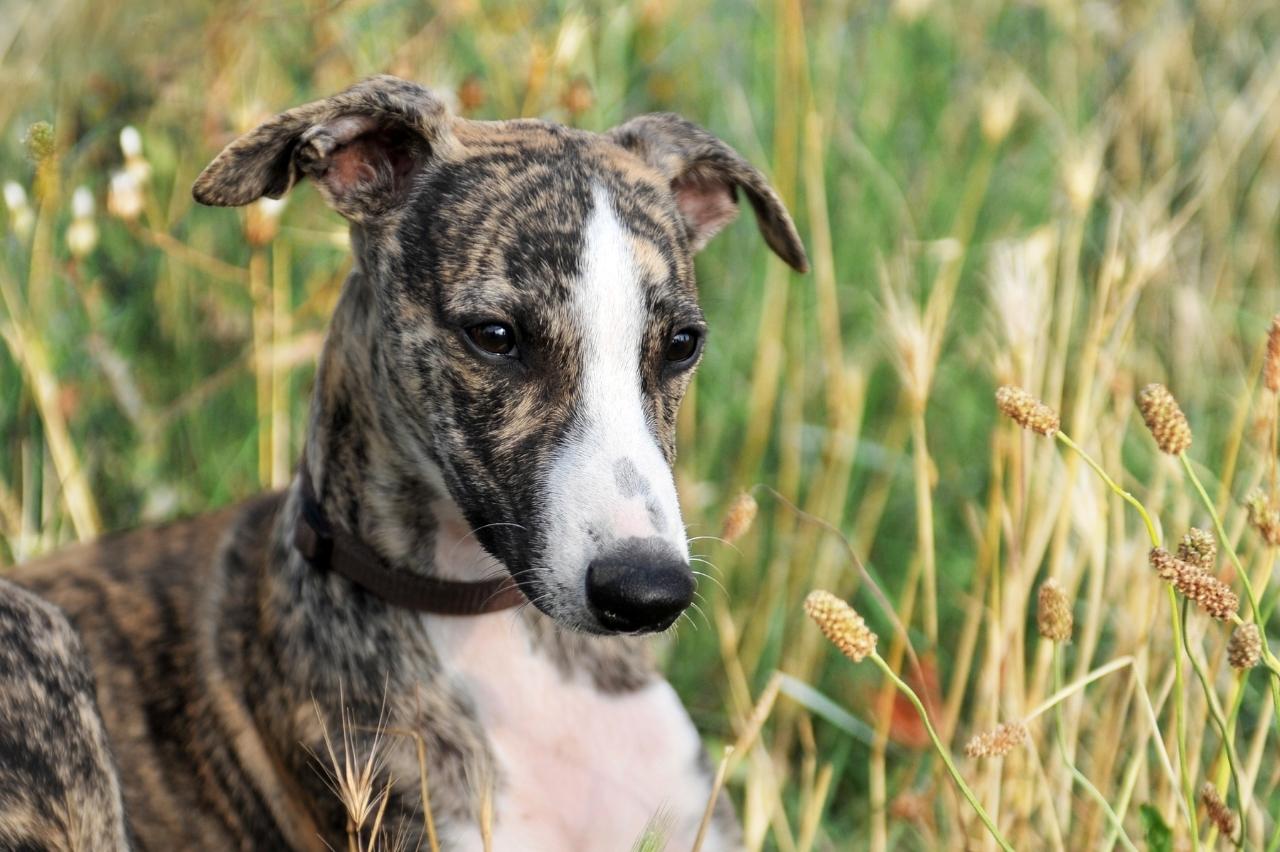






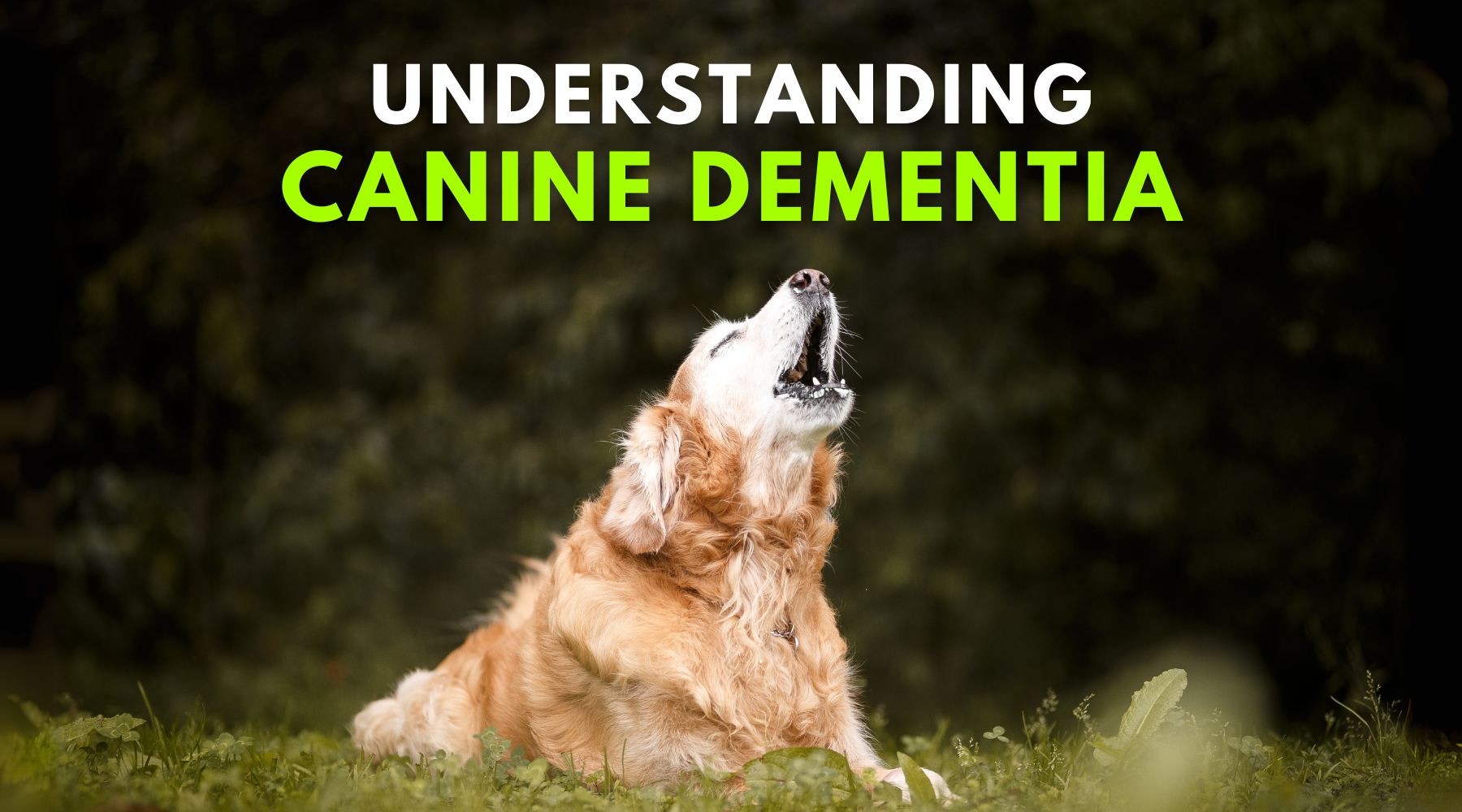
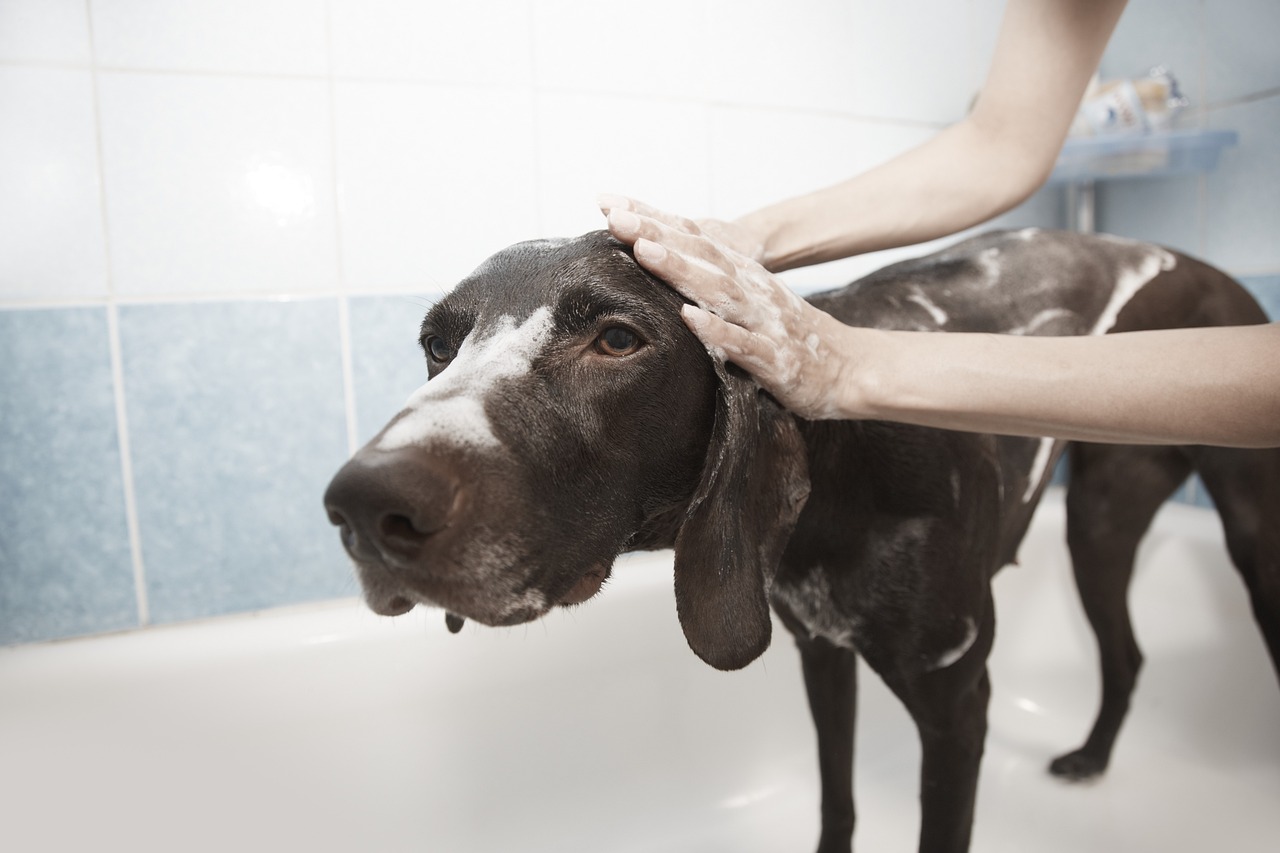





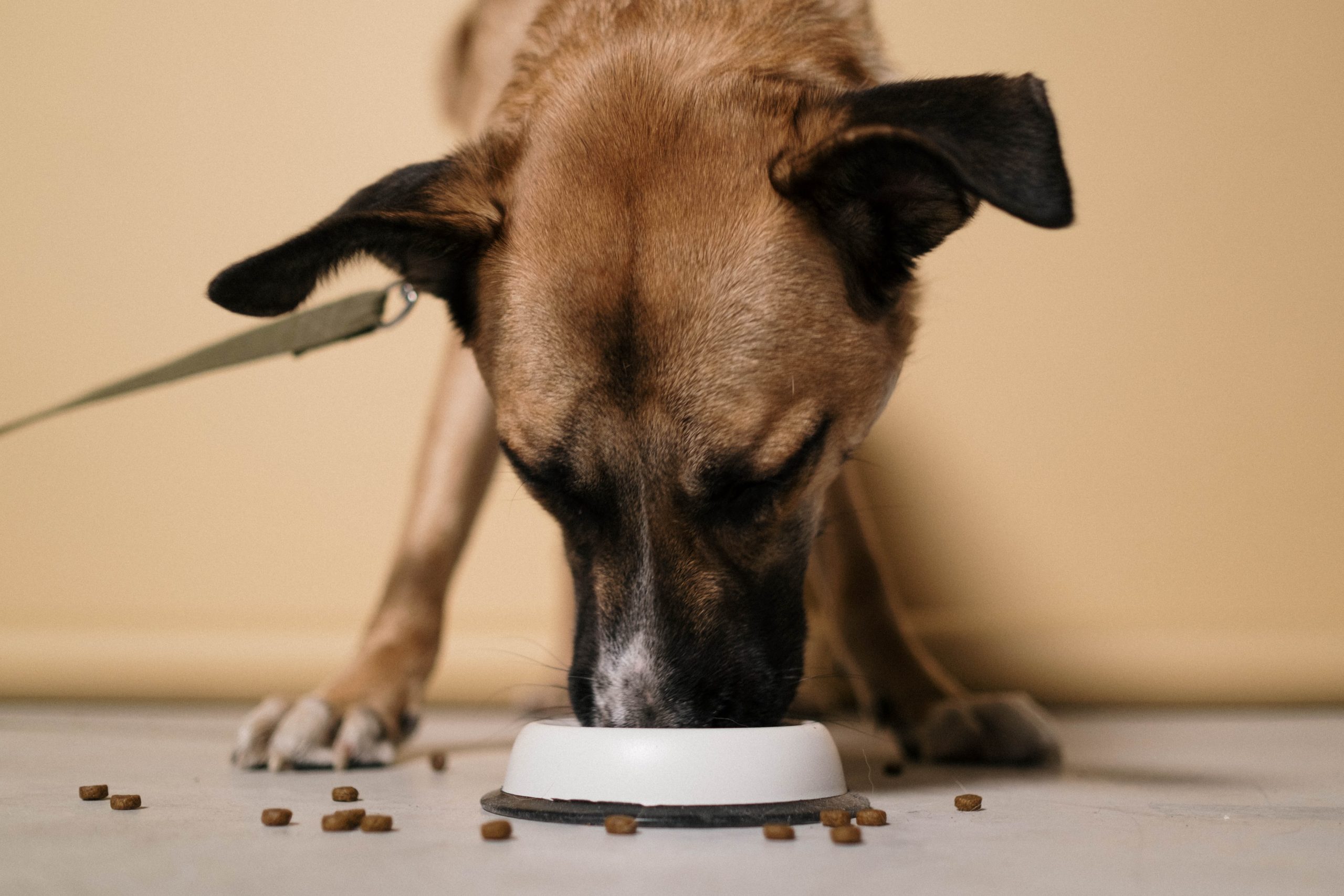
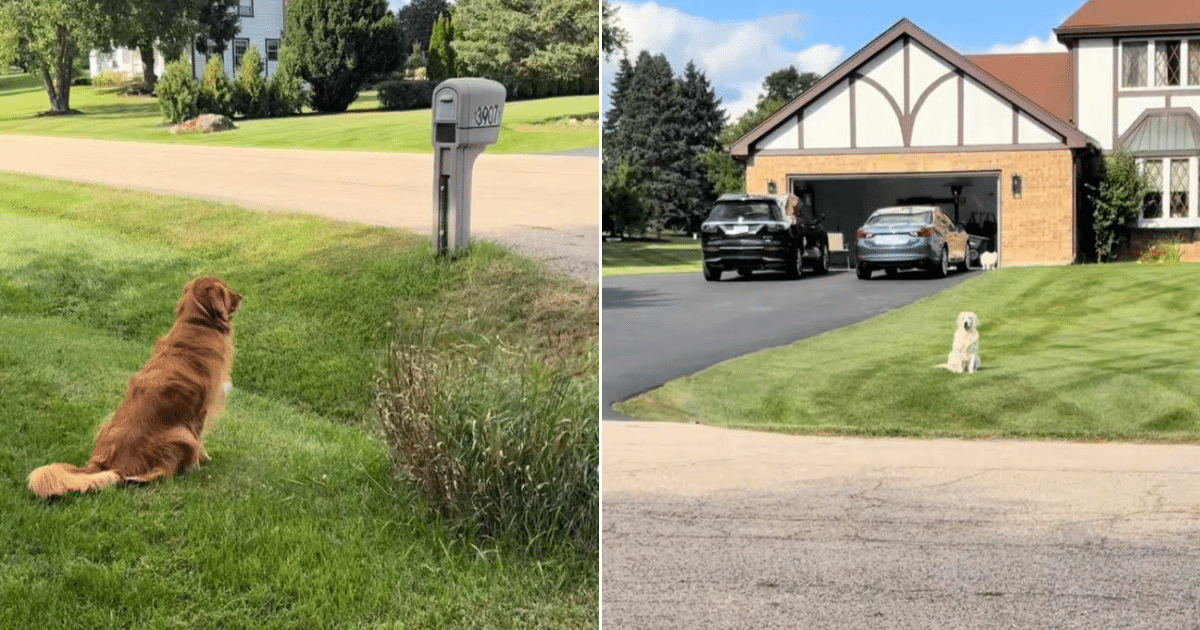

 English (US) ·
English (US) ·